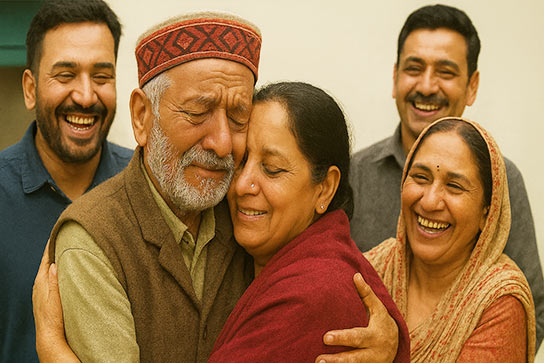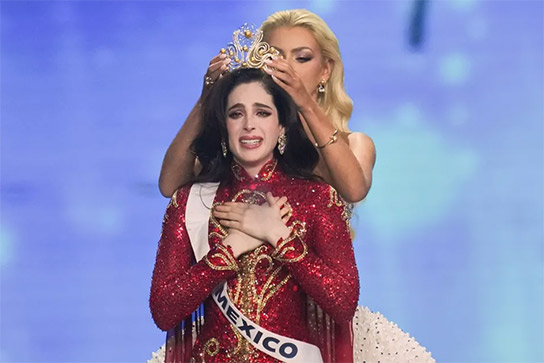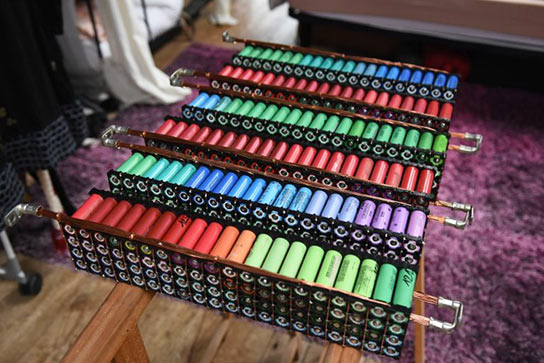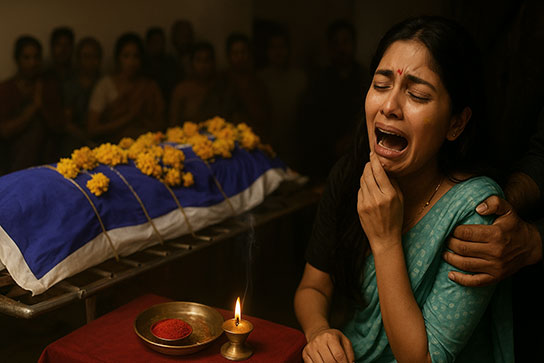At the Human Library, readers go through a catalog of titles and pick an experience they'd like to know more about. When they decide on a title to check out, they are taken to a discussion area to meet their human book who will narrate the story cover to cover over the next 30 minutes. Your 'borrowed' human could be anyone - a prostitute, funeral director, politician, or even a child - with an incredible story to tell. Some of the titles from the past have included The Gypsy Tale, Iraq War Veteran, Orphanage Boy, Child of The Holocaust Survivors, Olympic Athlete, Fat Woman, Biking Agoraphobic, and Questioning Christian
The Human Library was started by Danish youth-based nonprofit 'Stop the Violence' in the year 2007, as a means to facilitate conversations and improve understanding between people who might never interact with each other in real life. "Around that time, there were people from different cultures, different religions, different races, coming into Denmark and some of the Danish people were actually quite fearful of this kind of invasion," explained Veena Torchia, a tutor for the homeless at Crisis - a nonprofit that organises the Human Library in various parts of the UK.
"So a group of young people came together and thought this would be a great idea for people to be able to actually speak to people they wouldn't normally speak to. So really, the Human Library is a platform for dialog, it's a platform to challenge prejudices and stereotypes, and create more of a kind of social cohesion."
 That first event was hosted at Copenhagen's Roskilde Festival, one of the largest summer festivals in Europe. Since then, it has spread to more than 50 countries around the world - the first one in the US was at the Santa Monica Public Library in 2009. The beauty of the Human Library is that it can be held anywhere in the world - all that's needed is people who want to tell their stories, and people who are willing to listen.
That first event was hosted at Copenhagen's Roskilde Festival, one of the largest summer festivals in Europe. Since then, it has spread to more than 50 countries around the world - the first one in the US was at the Santa Monica Public Library in 2009. The beauty of the Human Library is that it can be held anywhere in the world - all that's needed is people who want to tell their stories, and people who are willing to listen.Wayne, who has volunteered to be a Human Library 'Book' in the UK, said: "The human library is like telling stories from the mouth instead of looking at a book. I've got many chapters in my colorful life, so it's just like turning a book. It's about when I stowed away on a ferry when I was 14, and also living with strippers when I was 15."
"The purpose is to challenge what we think we know about other members of our community," the Human Library Facebook page explains. "To challenge our stereotypes and prejudices in a positive framework, where difficult questions are accepted, expected, and appreciated."






